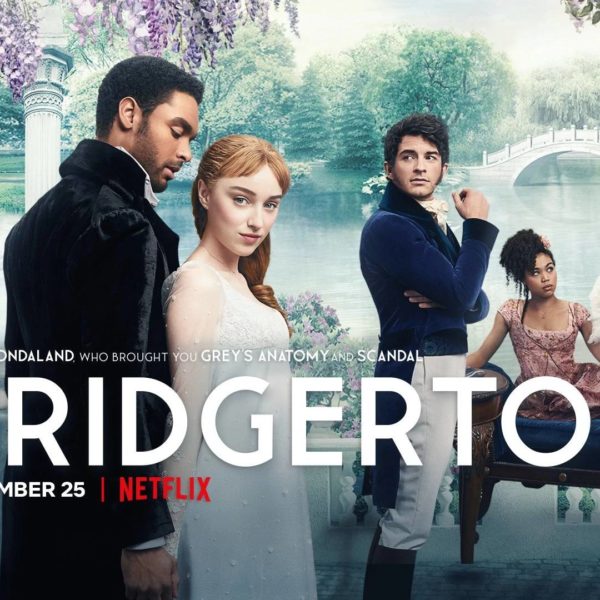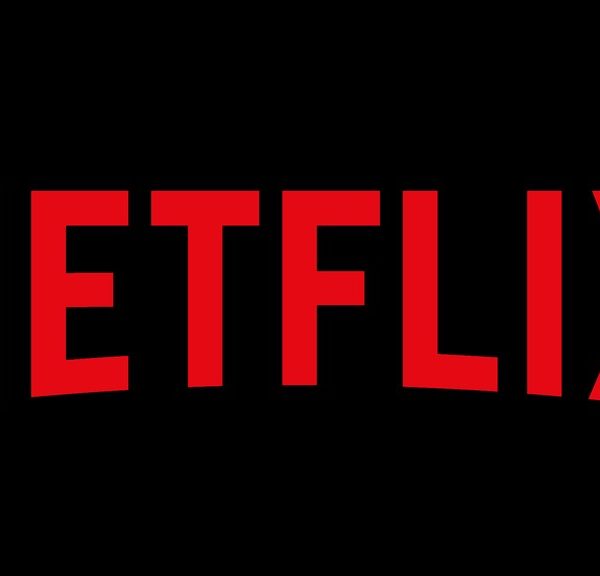Will Netflix Lose the Streaming War Over Their Cancel-Happy Approach?

One of the first original series ever produced by Netflix was a continuation of Arrested Development, a critically-beloved comedy series that failed to find an audience on Fox. The streamer quickly developed a large slate of shows aimed at every audience, but a key plank of their strategy was prestige dramas and acclaimed shows that may not have been able to find an audience elsewhere.
Netflix quickly rolled out shows like Unbreakable Kimmy Schmidt, W/ Bob and David and Lady Dynamite that set them apart from the networks that were mostly airing broad, hang-out comedies like The Big Bang Theory. Netflix planted a flag that said they wanted to be the place for highly-regarded shows that maybe couldn’t find an audience elsewhere.
And then on June 1st, 2017, we got our first hint that Netflix didn’t want to be the home for misfit toys everyone assumed it was when the fans of every canceled network show started petitioning them to pick those shows up. Critical darling Sense8, a science fiction series from the Wachowskis and Babylon 5 creator J. Michael Straczynski, was canceled after two seasons despite the creators having publicly stated they had planned it for five seasons.
This was the end of the idea that Netflix was your cool bro streaming service that just wanted to help you out by making your favorite shows. It should be obvious, but Netflix’s goal is to make money. But not just to make money, to continually make more money. See, for a lot of publicly traded companies, it’s not enough to be profitable, to please shareholders you have to have ever-increasing profits.
For Netflix, increasing profits means bringing in new subscribers while holding onto the old ones. They believe the best way to do this is a constant stream of new shows, and that means cutting the old shows loose after a few seasons unless they’re massive hits.
There is a bit of wisdom in this approach for streamers. When Netflix first added a selection of episodes of Supermarket Sweep from the 80s, it was popular enough on social media that ABC brought it back as part of their prime-time game show lineup. But people only talked about it for a week or so and then moved on to something else.
As a result, Netflix shotguns out so many movies and TV shows that every week they have something new for people to binge-watch. And hopefully, something sticks enough that people who don’t have Netflix go “I’d like to watch that” and subscribe or subscribers who haven’t watched in a while go “oh, that looks good, I guess I won’t cancel my subscription.”
But this approach has a big The Office-sized hole in it. Netflix subscribers have long used the service to watch beloved, long-running TV shows. You probably do this yourself, you put the TV on to create some background noise or to fall asleep to; I have Modern Family on while I’m writing this. Netflix hasn’t produced a show like this yet, and they’ve lost the streaming rights to more than I can count. Friends, The Office, How I Met Your Mother, 30 Rock, Parks and Recreation, Frasier and Scrubs all left Netflix at some point, not to mention animated shows like Family Guy, American Dad, King of the Hill and Bob’s Burgers. All they really have left to replace those shows are Community and New Girl.
Netflix doesn’t seem overly concerned about these losses, but they haven’t had a lot of luck making their own shows to fill the void. The only shows that come to mind are Big Mouth and The Ranch, both of which have been pretty divisive and don’t have the same broad appeal of a show like Seinfeld. And it’s definitely not for lack of trying that Netflix hasn’t been able to find something to fill this niche. Where the streamer is primarily known for prestige dramas like House of Cards or Bridgerton and high-concept comedies such as Unbreakable Kimmy Schmidt and Bojack Horseman, Netflix has been churning out broad, CBS-style comedies for a while now.
There have been the Mario Lopez-starring Ashley Garcia: Genius in Love, The Big Show Show with WWE superstar Paul Wight, Mr. Iglesias with Gabe Iglesias, a remake of One Day at a Time and most recently Kevin James’s The Crew, which featured the King of Queens star as an old-fashioned NASCAR crew chief who doesn’t like how the team’s new owner is running things. That’s a fresh idea for a show that we’ve never seen before. Fuller House is the only thing approaching a success here, as it managed to get five seasons, but that was built on nostalgia for a popular existing sitcom (that Netflix doesn’t have the streaming rights to). Still, it’s only 75 episodes and not the 200+ episodes that your typical long-running sitcom will amass.
Even Netflix’s big hits like Bojack Horseman have ended up being canceled by the streamer when the creators would have been happy to produce more episodes. In fact, Bojack Horseman’s creator Raphael Bob-Waksberg said that when the show began, Netflix’s attitude was that without the pressure from advertisers network TV has, they were to let niche shows grow and find an audience. They were the network that believed they could make Arrested Development a smash hit after it failed to find an audience on Fox.
When we started on ‘BoJack,’ it was understood that the Netflix model was to give shows time to find an audience, and to build that audience, and I remember being told, ‘We expect the biggest day ‘BoJack’ Season 1 is going to have is when we launch ‘BoJack’ Season 2.’ We didn’t get a full two-season pickup, but that was the understanding, that these things take time to build. It was my understanding that that was, at the time, the Netflix model: to give shows time to build. I think it’s a shame that they seem to have moved away from that model.
As television has gotten more tightly serialized, streaming services are in a unique position to let shows find an audience. It’s very difficult for viewers to come to a show like that on a linear network; if you haven’t been watching from the beginning, you’re going to be lost if you sit down to watch an episode. Streaming services obviously give viewers the chance to watch at their own pace and not miss an episode.
This is what Netflix built their brand and essentially created the streaming television industry on. They supplemented a deep library of shows and movies people already loved with niche programming that finally had a home where it could find an audience and grow. And now they seem to want nothing to do with either of those.
That has opened the doors for Netflix’s competition and they are taking advantage of that opening.
In about a year, Disney Plus has gotten over 100 million subscribers, about half as many as Netflix. But Netflix started offering streaming video in 2007 and started producing original content in 2013 while Disney Plus launched less than two years ago.
While Disney obviously has a huge back catalog of children’s entertainment, it has mostly made headlines and brought in subscribers with a few high-profile shows like The Mandalorian and WandaVision. And unlike Netflix with its “a little is enough” strategy, Disney is heavily investing in expanding around these hits shows.
And yes, WandaVision and the other Marvel shows on Disney Plus have so far been limited series without planned second seasons, but all of their Marvel shows tie together and bring most of the same audience back show after the show. And Disney is expanding The Mandalorian into a full Star Wars mini-franchise.
Look at Netflix’s latest attempt to build a franchise: Jupiter’s Legacy. They gave Mark Millar a huge payday just to create comic book ideas they could turn into TV shows, and the first one was Jupiter’s Legacy. The show did really well and attracted a large audience; with over a billion minutes of viewership, you’d be hard-pressed to find anyone who said it was a flop. But Netflix still canceled it after only a month. Even the worst network TV shows usually stay on the air longer than that.
HBO Max, Paramount Plus, Peacock, and even Apple TV all have about a quarter of the subscribers of Netflix, and Amazon has about 150 million, right on Netflix’s heels.
Netflix isn’t in any danger of losing their title as the top streaming service in right now, but Stranger Things and Bridgerton can’t run forever. When those shows end, will Netflix be able to pull another rabbit out of their hat? Disney isn’t going to run out of Marvel and Star Wars shows basically ever.
Netflix clearly isn’t interested in building an audience for shows and letting that audience grow, at least not anymore. If a show isn’t a hit right out of the gate, they’re not interested. And not just a hit, a massive hit.
But massive hits don’t come along every day. I count maybe six or seven depending on how generously you describe a massive hit on Netflix. That’s less than one a year. Are you going to subscribe to Netflix because it has 2-3 shows on that you want to see?
The way to keep people interested in a streaming service is to have shows they know they love and want to keep coming back to again and again as well as new shows that they want to obsess over and talk about online. Netflix used to have both of those things, but now they really don’t have either. And while it seems like they’re safe atop the heap of streaming services, for now, things can change. Just ask Blockbuster.



Cancel culture cancels itself. #youtoo